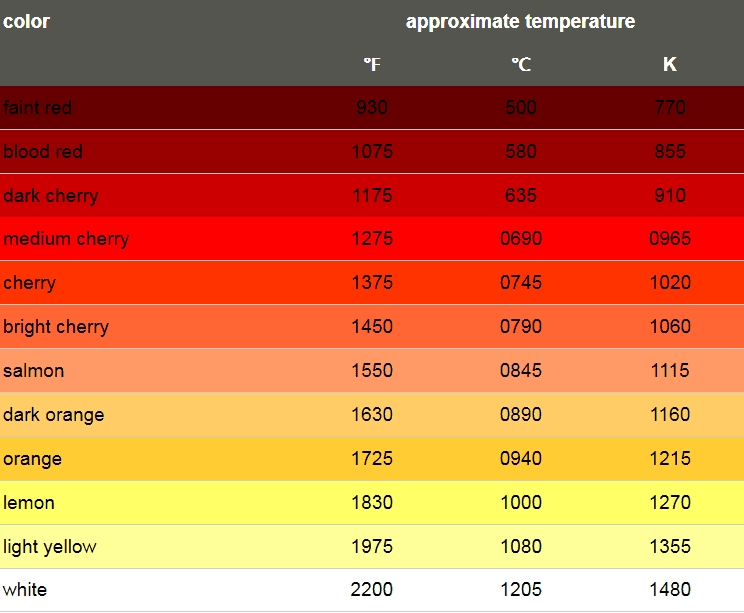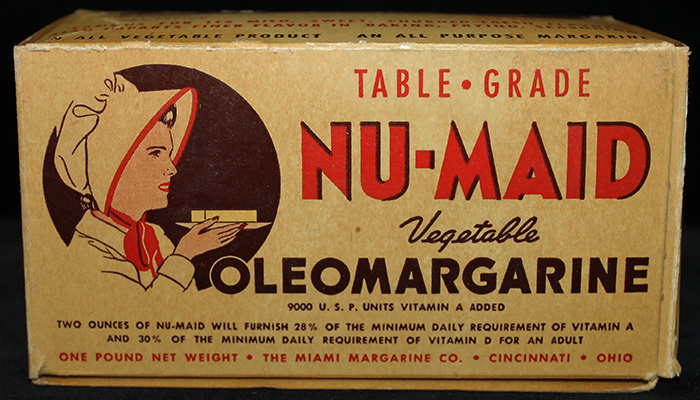When this was posted on Reddit recently, someone claimed this was caused by a fallen power line that made contact with a gas line. So, power flowing into the house through gas pipe and back out through equipment grounds, heating up lower resistance gas pipes in the process.
Photo reportedly taken by fire fighters or gas company employees.
Edit: I meant to type higher resistance…
Well that’s truly fucking terrifying
ELI5 anyone?
This happens when the neutral goes out in a house. Usually the waterlines will handle it, but if the house has pex the ground will go through the gas lines.
Especially if a high voltage line comes down on a gas meter for whatever reason.
Definitely run away and call professional… everyone i guess.
Would killing the main breaker at least prevent the heating of the pipes so that the expert isn’t walking into a potentially dangerous situation?
I think in this case the power heating the pipes is not coming from this house’s electrical service, so killing the main breaker probably won’t help.
I’m a little concerned killing the main breaker might result in a sudden temperature change that might fracture the gas line. Of course if you turn the gas off you might get fried.
I read that this happened due to a downed power line. Unfortunately, killing the main breaker would not do anything.
We found out a while ago that plumbing pipes aren’t the best way to ground a house for a variety of reasons, and this is why ufers (grounding to foundation steel) and ground rods are now the NEC standard. Also, this is why bonding wires are important as well. If the plumbing were bonded to a proper dwelling ground system, the current would find a direct path to ground and trip the responsible breaker, instead of using the gas lines as a big ass resistor and creating the light show we see here.
I’ve never seen pex running into a house from the street/ground. It’s always been copper up to the water meter at the very least and it’s code (in NJ at least) to put grounding wire there.
I’m in a new development. It’s all plastic.
This would have also been prevented if the electrical install included an RCD. It would have tripped instantly when the neutral gets disconnected
Better yet to just have a bond to the gas and water pipes. In this instance, any current introduced to the plumbing has a direct connection to ground, which will allow current to flow freely and trip the breaker.
Shouldn’t everything be grounded through the panel as well? I know I have a ground wire running out to a copper plate in the ground next to my house and my understanding was that if the neutral goes that would serve as the path to ground. Is this house missing that feature or am I wrong?
TEMU particle accelerator
Hey, there’s particles, they are accelerating. You got what you paid for.
Normal person reading that: particle accelerator from TEMU
Me: oh god, there are TEMU particles??
“Home is equipped with a 50 Gallon gas water heater upgraded with RGB lines for an extra 10 FPS.”
Looks like it can run doom
“I’ve got a buddy who can do the gas and the 'leccy. Super cheap.”
Mom: “We have CERN particle accelerator at home.”
…
Hey if it’s keeping you warm then it must be working correctly
“Build a man a fire, and he’ll be warm for a day. Set a man on fire, and he’ll be warm for the rest of his life.”
Did you know that babies born underwater can spend their entire lives down there?
Relevant username.
I have no idea what to do if I see this
Leave immediately and call 911 for an impending gas explosion. Tell them exactly what you saw, it will need to be disconnected somewhere very far away from the house. Aside from this being an obvious fake if you see a glowing pipe it’s the result of a deadly serious electrical fault that has bypassed at least 2 safety mechanisms that would otherwise prevent this catastrophic failure and at that point you really don’t even want to be touching the walls of the structure involved.
Someone linked a story that didn’t have an image (didn’t watch the video) so this may not actually be fake
Run. That’s what I would do. Then probably call the fire department, the gas company, or an exorcist. Possibly all 3.
Get the fuck out and call the fire department.
Either turn off the gas if you can safely do it, or call your gas company so they can shut off the supply to your house.
Go to the breaker box and pull the big one labeled “main”. Then call the fire department.
So there’s an air leak upstream allowing a fire inside the gas line. And the house didn’t go up in flames I assume. Probably this situation would not end in a big explosion but rather just a house fire. Still pretty scary.
This man exploded 3 seconds later, those are gas lines
I’m sure the water put it out.
While it looks scary as fuck, wouldn’t it not actually explode unless the gas pipe melted through? There’s no oxygen in the fuel, so it can’t combust. I guess as the gas heats up, it’s also possible the for the tank or lines to spring a leak.
Either way, I’d be nopeing out and calling emergency services.
unless the gas pipe melted through
That looks pretty damn likely imminent to me…
I think you’re right. I was curious, so I looked it up.
The melting point of copper is 1,085°C, and judging from this chart, its definitely getting close:

You ever see gas hookups in the US?
We use black pipe for most of the run. Cast Iron. The actual hookup itself is a flexible pipe…SS or Aluminum I think. Been a long time since I had gas. Sometimes they have like a rubbery-epoxy-ish coating but I assume that’s now quite gone and stinky.
Oh, huh. That’s interesting. I’m from the great white north, and our gas hookups are copper from what I’ve seen. If this is indeed iron, then the melting point would be higher: ~ 1,540°C.
Interestingly that colour temperature chart is supposedly fairly consistent across different metals.
Tbh I don’t know why we don’t use copper. I imagine because it’s more difficult to fuck up threaded and doped connections as opposed to soldered ones.
Def not cast iron, cast iron is used for waste pipes and it’s brittle you could never get threads on cast iron. It’s actually steel even if we call it black iron. A lot of newer houses will run solid pipe from the main to a central location and build a manifold with corrugated steal (flexible pipes) run to the terminal points.
Correct. Natural gas can’t be over 15% to burn.
I was curious so found the story https://www.newschannel10.com/2024/09/26/tulia-family-displaced-after-home-suffers-substantial-damage-storm/
Showed my partner, they said, “Is this some kind of raaave??”
Nice water-cooled setup!
Specs?Nah… everything is fine there, it’s even glow to spice up your mood a little bit











